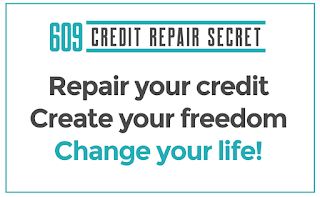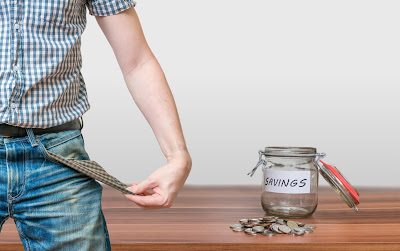Is the 609 Letter Really a Credit Repair Secret?

Written by LaToya Irby Find more at The Balance A 609 letter is one of the latest internet credit repair “secrets” that claim the ability to remove any kind of information from your credit report - even accurate information––based on a “loophole” in the credit reporting law. If you’ve been working to improve your credit, a 609 letter sounds like exactly what you need to get negative accounts taken off your credit report. What is a 609 letter and does it really work? Credit bureaus collect consumer credit information from various sources, like banks, then resell that information to businesses who need to evaluate consumer credit applications. Credit bureaus are governed by the Fair Credit Reporting Act, which details what credit reporting agencies and information furnishers can and cannot do when they’re reporting consumer information. One of the credit bureaus’ responsibilities is to only include accurate and verifiable information in consumer credit reports. Use of the 609 lett





